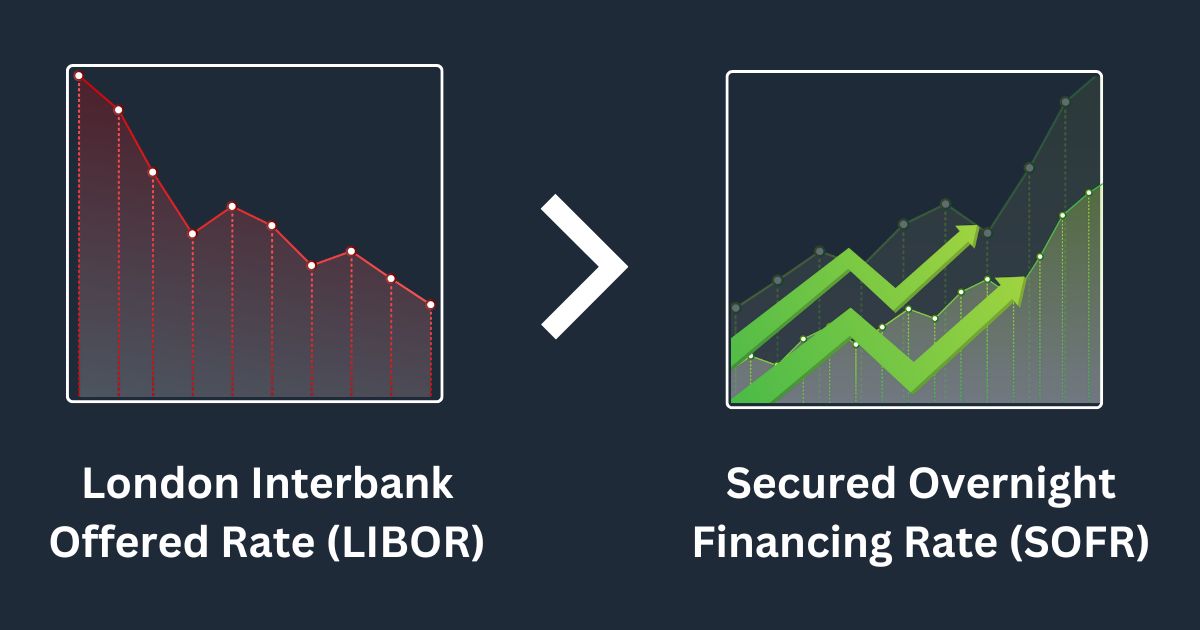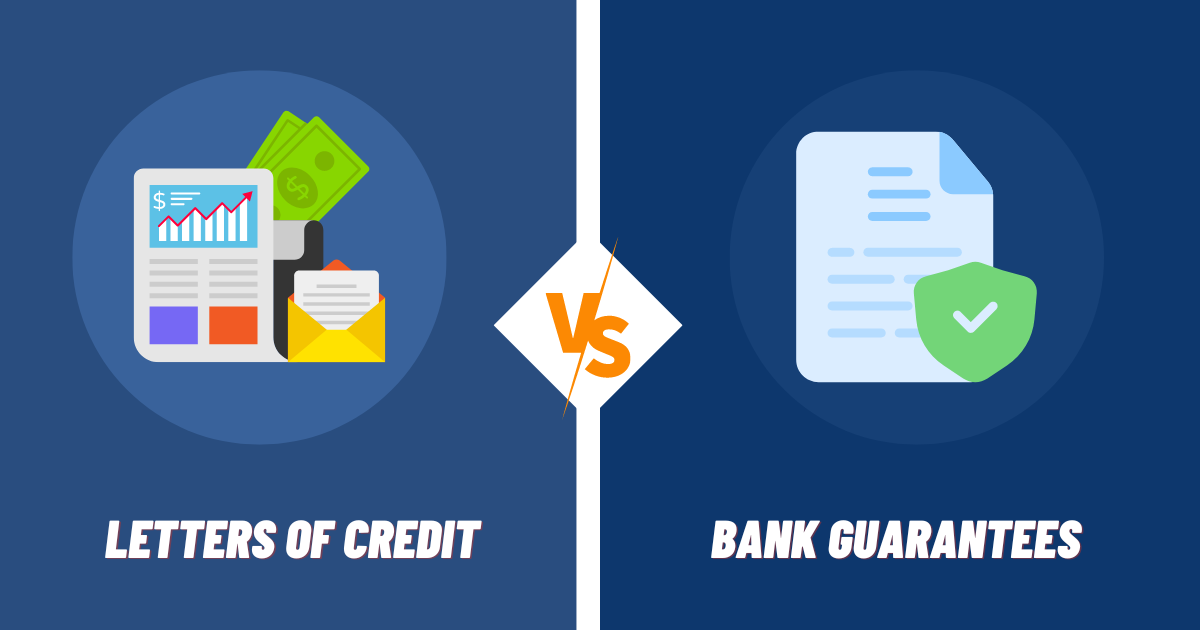When it comes to borrowing money, understanding the differences between demand loans and term loans is crucial. Demand loans are short-term loans that must be repaid at the lender’s request, whereas term loans are long-term loans with a fixed tenure and repayment period, typically ranging from 1 to 20 years.
In this article, we will delve deeper into the contrasting characteristics of demand loans and term loans, shedding light on their features, advantages, and suitability for different financial requirements. By gaining a comprehensive understanding of these loan types, individuals and businesses can make informed decisions regarding their borrowing needs.
Demand Loan vs Term Loan: Quick Comparison

Term loans and demand loans are two popular loans that are currently available. Both provide a range of features and benefits, and customers may choose one based on their needs. But first, it’s critical to understand the differences between a term loan and a demand loan.
| Feature | Demand Loan | Term Loan |
| Purpose | Short-term business requirements such as purchasing raw materials, paying salaries to staff, etc. | Large capital requirements such as the purchase of land, expensive equipment, buying office space, etc. |
| Collateral | Required | It may or may not be required |
| Repayment | Shorter duration | Longer repayment term |
| Prepayment Flexibility | Borrowers can prepay the outstanding loan amount without any penalty | Prepaying the outstanding loan amount may result in a penalty |
| Capital | The loan amount is lower | The loan amount is higher |
| Approval time | Approval is quick | Approval may take time |
What is Demand Loan?
Demand loans are loans that are short-term in nature, wherein the lender can ask for the entire repayment of the loan amount by providing short-term notice. This loans may include an overdraft facility, call loans, and so on. Demand loans differ from term loans primarily because of the quick approval time and the option of prepayment.
Features and advantages of demand loans are:
- Demand loans finance short-term business demands, including acquiring or upgrading working capital or other short-term business needs.
- The loan’s amount and term are determined by the lender.
- The borrower’s obligation to pay interest is limited to the amount of the loan used.
- The borrowers can make payments as needed or at the lender’s request.
- Approvals for demand loans are granted in return for securities like real estate.
Suggest Read: What are Loan Resource Apps: Benefits and Comparison & How to Apply
Example of Demand Loan
A Call loan is the most common type of Demand Loan. In a Call Loan, the lender can demand repayment of the loan at any point in time, unlike a term loan with fixed repayment tenure. These loans are usually taken for the short-term needs of a company. For example, a brokerage firm may take a call loan to fulfil the margin requirements of its clients.
Another example of a demand loan is an Overdraft Facility wherein a credit limit is sanctioned to the borrower that can be used as and when required. The borrower can prepay the amount borrowed whenever it is feasible for them.
Who can get a Demand Loan?
Lenders commonly provide these loans to qualified applicants with strong credit histories who have the capacity to repay the loan as and when required. People from the following groups often get approval easily:
- Venture capitalists
- Institutional Shareholders
- New or Small Business Owners
- Entrepreneurs
- Landlords
- Brokerage Firms
- LLCs/LLPs
What is Term Loan?
Term loans are sanctioned for a certain period and repayment schedule. It is best suited for long-term capital needs. The typical tenure ranges from a few months to almost 30 years. Here, the funds are borrowed for business purposes and frequently repaid through EMIs, or Equated Monthly Installments.
- Term loans are approved for large capital expenditures like beginning or growing a business, purchasing real estate, machinery, etc.
- These loans have defined due dates and monthly instalments. Interest is levied on the entire sum, no matter how much is used.
- Term loans may be granted against tangible property such as machinery, real estate, etc.
Example of Term Loan
A Business Loan taken with a fixed schedule for repayment is an example of a Term Loan. The loan is repaid in installments or EMIs (Equated Monthly Installments) which have two components- part principal payment, and the interest payment.
Who can get a Term Loan?
The following types of applicants are usually eligible to apply for a term loan (the list is not exhaustive)-
- Small Businesses/MSMEs
- Self-employed persons
- Co-operative Societies
- Partnership firms
- LLPs/LLCs
- Salaried employees
Also Read: Explore 7 Types of Company Registration In India.
Should you get a Demand Loan or a Term Loan?
From the perspective of a borrower, demand loans may not be the wiser option when opting for a long tenure. Since the lender can ask for repayment at will, it may put an extra burden on the business to fulfil that requirement. At the same time, Demand Loans may be secured with collateral which puts the borrower’s collateralised asset at risk.
However, Demand Loans do not have any prepayment penalty and thus a business could reduce its interest liability by prepaying the loan. Thus, they may be an efficient way to address immediate financial needs.
A term loan on the other hand offers certainty for both the lender and the borrower with a fixed schedule of repayment.
The decision to opt for a demand loan or a term loan is also contingent upon whether the loan is required for a short-term or long-term. A demand loan is mostly offered for a short-term, and hence, if you wish to get a loan for business expansion with a larger loan amount and a longer tenure, a term loan would be a suitable option.
You should opt for a loan that best suits your financial requirements. Before applying for a loan, read the terms and conditions thoroughly.
Suggested Read:
- What is Debt Financing, Types and How does it Works?
- Difference Between Secured and Unsecured Loan
- Unlock Financial Potential: Lease Rental Discounting Guide
- Building a Strong Credit Profile for Business Loan Approval
- 50+ Best RBI Approved Loan Apps In India
FAQs
1. What is demand loan and term loan time?
Demand Loans are short-term loans that must be repaid on the lender’s terms. Term loans are long-term loans with a predetermined term and tenure. Demand loans typically have terms of 7 days to 12 months. A term loan might have a duration between 1 – 20 years.
2. What are the 3 types of term loans?
Term loans may be divided into three categories: short-term loans, intermediate-term loans, and long-term loans.
3. What is a Working Capital Demand Loan (WCDL)?
A Working Capital Demand Loan or a WCDL is a type of short-term financing facility provided by banks or financial institutions to businesses to meet their day-to-day operational and working capital requirements. It is a form of demand loan specifically designed to address the working capital needs of a company.
4. What is a Working Capital Term Loan (WCTL)?
A working capital term loan is a loan given to businesses for their day-to-day money needs. The company gets all the money at once, but has to pay it back slowly over a few years through regular payments.
5. What is a term loan example?
A business loan with a long tenure of repayment and fixed installments is an example of a term loan.
6. Do demand loans have interest?
Yes. Every demand loan has a promissory note that details the principal amount and interest rate.
7. Does a demand loan have a term?
Generally, Demand loans do not have any set term or tenure. The loan must be repaid at the lender’s request as mentioned in the loan’s conditions.
8. What is the period of demand loan?
The repayment term for a demand loan could be 7 days or a few months, and the tenure is often at the lender’s discretion.
9. What are the 2 main types of loans?
The two main types of loans are secured and unsecured loans. A secured loan is backed by collateral, while an unsecured one is not.
















